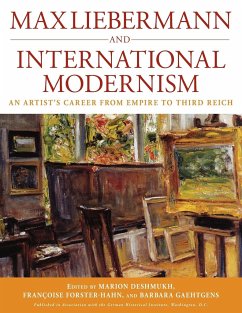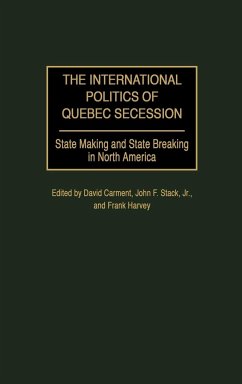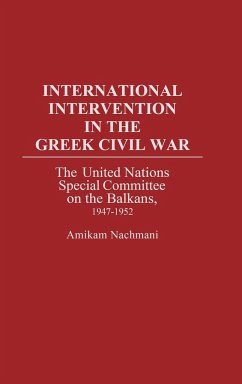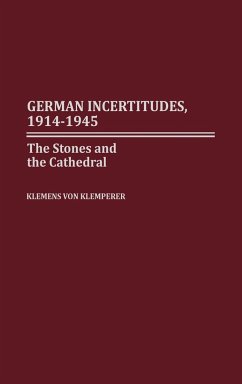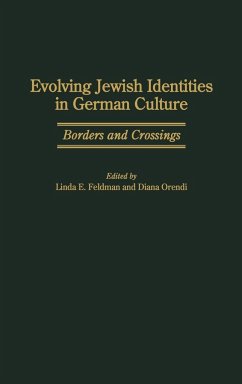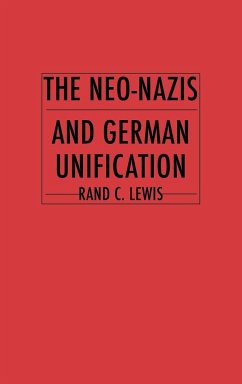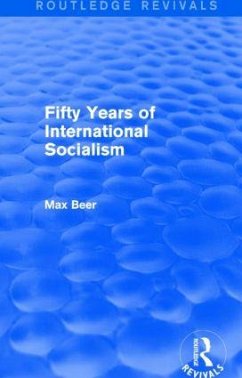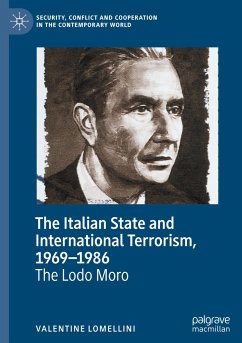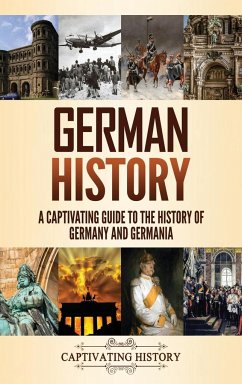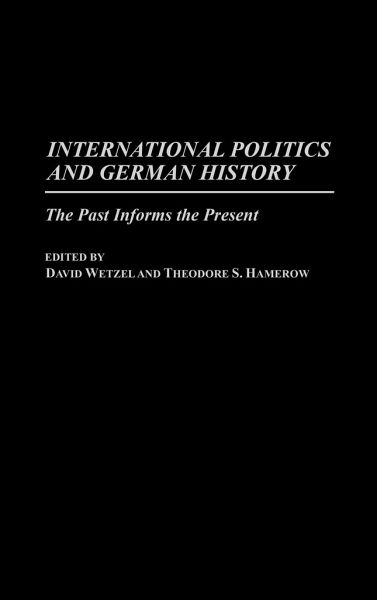
International Politics and German History
The Past Informs the Present
Herausgeber: Wetzel, David; Hamarow, Theodore
Versandkostenfrei!
Versandfertig in 1-2 Wochen
87,99 €
inkl. MwSt.

PAYBACK Punkte
44 °P sammeln!
Questions of international politics, as they relate to German history, are explored in this authoritative and controversial volume. Of the seven essays that constitute the book, four-those by Schroeder, Lauren, Rupieper, and Abenheim-center on diplomatic history and international politics, while the other three-by Barclay, Chickering, and Post-illuminate related political and cultural transformations. The Afterword by the two editors, Wetzel and Hamerow, deals with the works and philosophy of Gordon Craig, the preeminent historian of Germany to whom the book is dedicated. Craig's achievement h...
Questions of international politics, as they relate to German history, are explored in this authoritative and controversial volume. Of the seven essays that constitute the book, four-those by Schroeder, Lauren, Rupieper, and Abenheim-center on diplomatic history and international politics, while the other three-by Barclay, Chickering, and Post-illuminate related political and cultural transformations. The Afterword by the two editors, Wetzel and Hamerow, deals with the works and philosophy of Gordon Craig, the preeminent historian of Germany to whom the book is dedicated. Craig's achievement has been to bring knowledge and interpretation into narrative history and to show that history is a self-sufficient and self-contained discipline, important for its own sake. These essays are bold and provocative; they can rightly claim originality, new insights, hitherto unrecognized aspects, new techniques of analysis for the subjects they cover; and for these reasons, as much as for any other, they deserve the attention of all those who care about German or international history.





